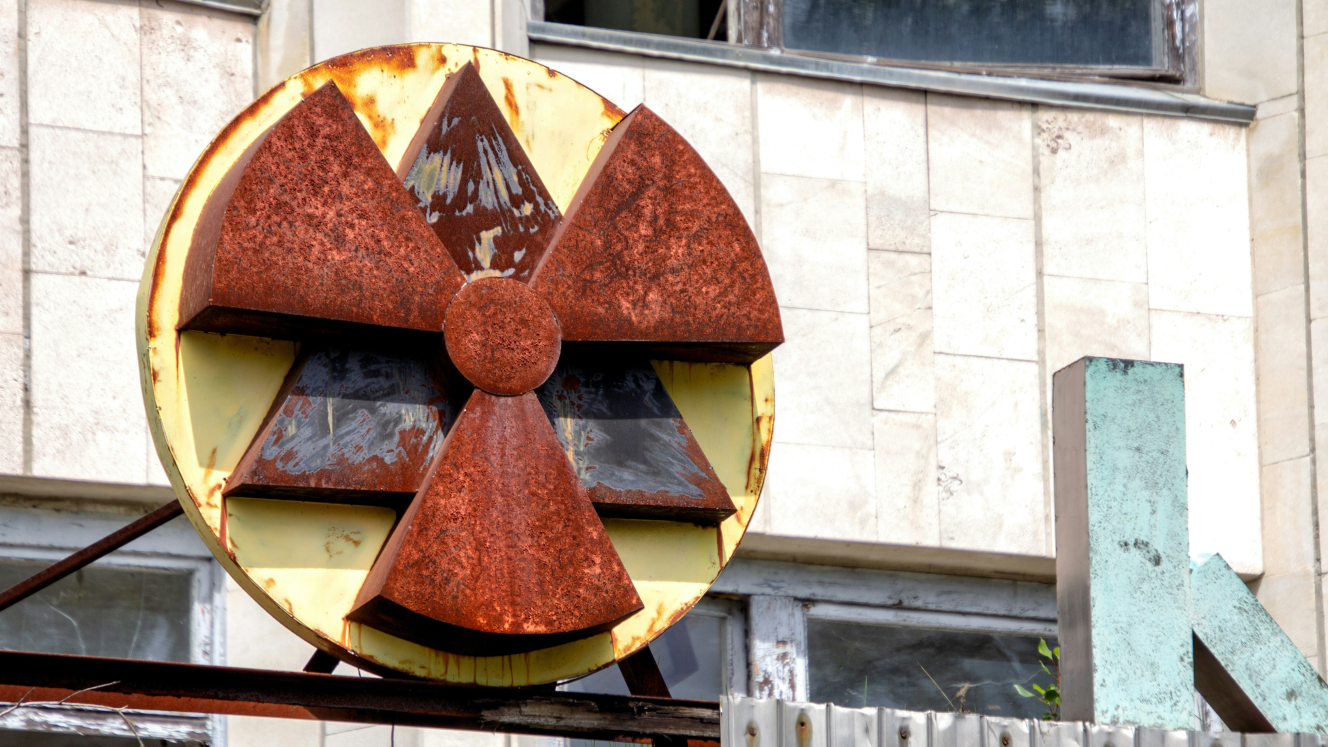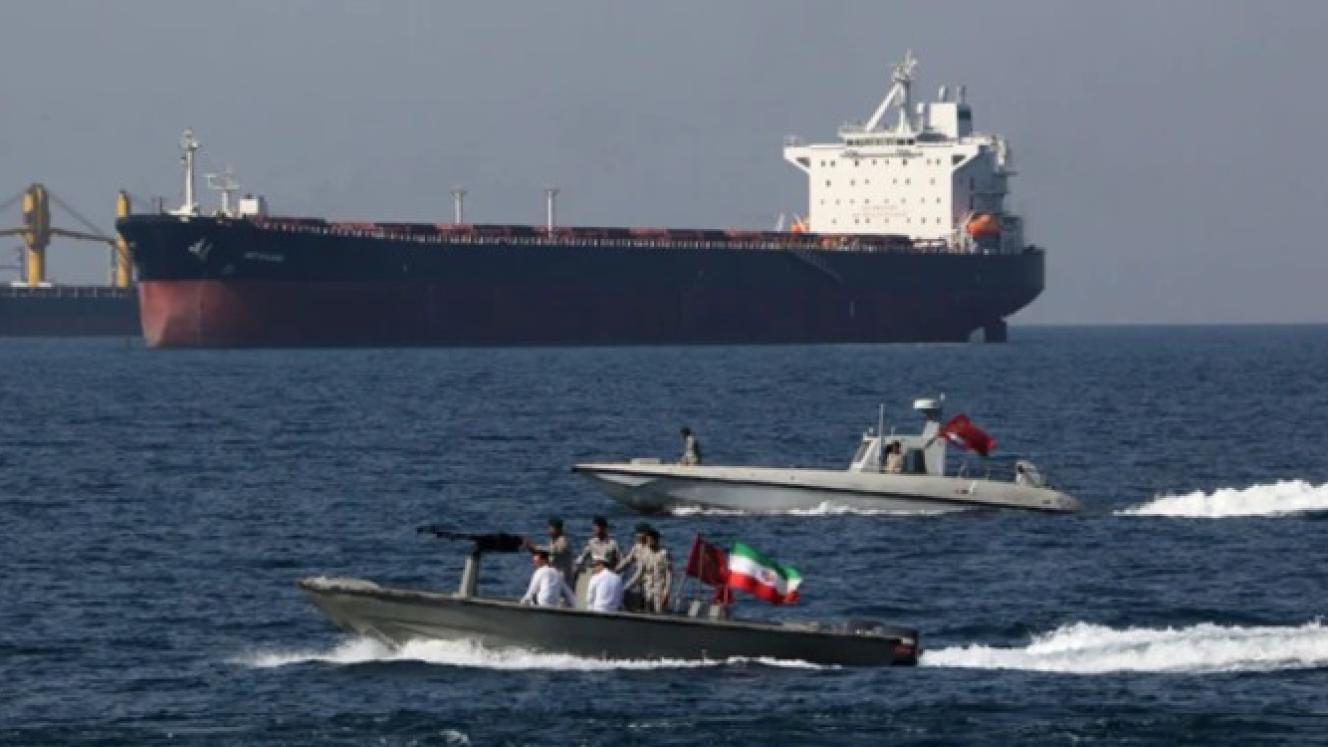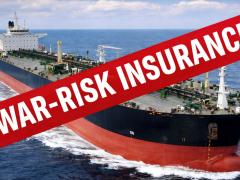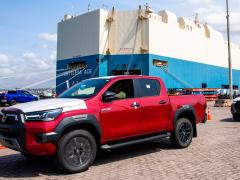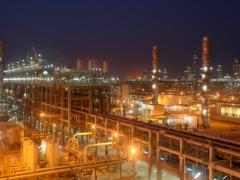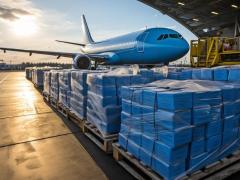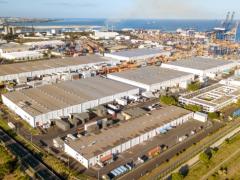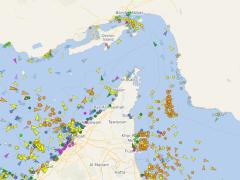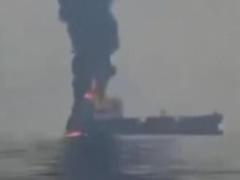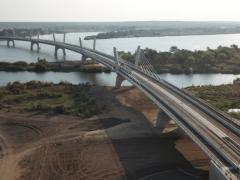The Nuclear Energy Maritime Organization (Nemo) has secured NGO consultative status with the International Maritime Organization (IMO) and a formal invitation to join the International Atomic Energy Agency’s (IAEA) General Conference.
Nemo made the announcement on Monday, confirming that the dual recognition was effective as of mid-2025 and that it would position the organisation as a key player in shaping nuclear-powered shipping solutions.
The organisation said the recognition marked a “pivotal advancement” in its mission to promote the safe, sustainable, and responsible application of nuclear energy in maritime environments.
“With this new status, Nemo will play an active role in shaping international dialogue and policy at the highest levels of maritime and nuclear governance,” it said.
As a recognised NGO, it will contribute expert knowledge, technical input, and strategic recommendations to support the integration of nuclear technologies in shipping, offshore energy platforms, and floating nuclear power systems.
The move comes as the maritime freight sector grapples with decarbonization pressures, with global shipping emissions estimated at 940m tonnes of CO₂ annually in 2024, according to the IMO.
The organisation said it was also gearing up for the IAEA’s ATLAS initiative (Atomic Technologies Licensed for Applications at Sea), set to launch later this year.
“Nemo will provide technical expertise and strategic guidance across all ATLAS Implementation Groups, helping to define the future of nuclear-powered maritime solutions,” it said.
This programme will develop regulatory frameworks for nuclear energy at sea, a critical step as nuclear propulsion gains traction to meet IMO’s 2050 net-zero target.
Its consultative role will see the organisation drive robust regulatory frameworks, safety protocols, and best practices for commercial nuclear propulsion and mobile nuclear energy systems.
This aligns with growing interest in nuclear-powered vessels, with companies like Core Power exploring small modular reactors for freight ships.
As global trade routes, including Asia-Pacific lanes handling 60% of world maritime trade (UNCTAD, 2024), seek sustainable options, nuclear energy could transform fleet operations but challenges remain, including regulatory hurdles and public safety concerns.
